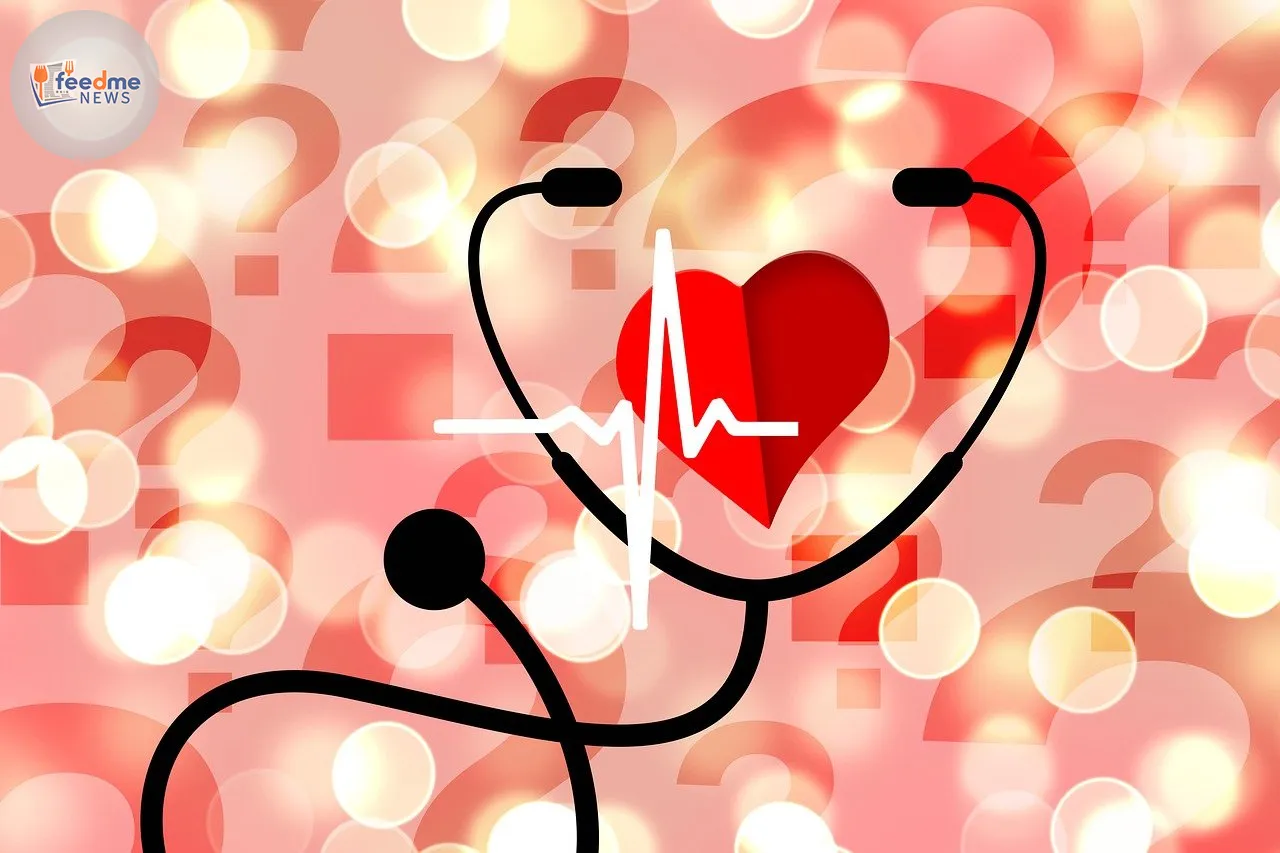A groundbreaking advancement in medical technology is reshaping the diagnosis and treatment of heart disease within the NHS. AI-driven 3D heart scans are now operational across 56 hospitals in England, offering a faster, less invasive alternative to traditional methods. This innovative approach not only accelerates the diagnostic process but has also resulted in significant financial savings, as detailed in a recent analysis.
The deployment of this technology marks a significant milestone in the NHS’s ongoing efforts to improve patient care and streamline operations. By transforming standard CT scans into detailed 3D images of the heart, doctors can diagnose conditions more accurately and swiftly, dramatically reducing the need for invasive procedures.

Cutting-Edge Technology in Action
The introduction of 3D heart scans represents a leap forward in medical imaging technology. These scans utilise artificial intelligence to convert conventional CT images into three-dimensional models, providing a comprehensive view of the heart’s structure and function. This allows healthcare professionals to identify issues such as blockages or abnormalities with greater precision.
Professor Sir Nilesh Samani, a leading cardiologist, stated, “This technology is a game-changer in cardiology. It enables us to diagnose heart conditions with unprecedented speed and accuracy, which is crucial for early intervention and treatment.”
The adoption of this technology across multiple NHS hospitals signifies a commitment to harnessing innovative solutions to improve patient outcomes. It also aligns with broader health service goals of reducing waiting times and improving the efficiency of care delivery.
Economic Impact and Efficiency Gains
The financial implications of this technological advancement are substantial. By minimising the need for invasive tests such as angiograms, the NHS has already saved millions of pounds. These savings not only benefit the health service but also free up resources to be allocated to other critical areas.
Dr. Amanda Doyle, NHS England’s National Director for Primary Care and Community Services, highlighted the economic benefits: “The cost-effectiveness of 3D heart scans is a testament to how investing in technology can lead to significant savings and improved patient care. This innovation is a prime example of smart spending in healthcare.”
The increased efficiency also means that patients experience shorter waiting times for diagnosis and treatment, leading to improved health outcomes and patient satisfaction.
Enhancing Patient Experience and Outcomes
For patients, the introduction of 3D heart scans offers a less intrusive diagnostic experience. Traditional methods often involve more invasive procedures, which can be uncomfortable and carry risks. The new scans provide a safer, quicker alternative, reducing patient anxiety and discomfort.
Patients like John Harris, who recently underwent a 3D heart scan at a London hospital, praised the process: “The scan was quick and painless, and I had my results in no time. It’s reassuring to know that such advanced technology is available to us.”
The ability to provide faster diagnoses also means that treatment can commence sooner, potentially improving recovery rates and reducing the likelihood of complications. This proactive approach is essential in managing heart disease, which remains one of the leading causes of death in the UK.
Future Prospects and Expansion
The success of the 3D heart scan programme has sparked interest in further expanding its availability across the NHS. Plans are already underway to increase the number of hospitals offering this technology, ensuring that more patients can benefit from its advantages.
Moreover, the potential applications of this technology extend beyond heart disease. Researchers are exploring its use in diagnosing other conditions, which could lead to even broader impacts on healthcare delivery.
As the NHS continues to embrace technological innovations, the future of patient care looks increasingly promising. The integration of AI and advanced imaging techniques is set to revolutionise how medical professionals diagnose and treat a range of conditions, improving healthcare outcomes across the board.
In summary, the introduction of AI-driven 3D heart scans within the NHS represents a significant advancement in medical technology, offering faster, more accurate diagnoses and substantial cost savings. As this technology becomes more widely available, it promises to enhance patient care and streamline healthcare delivery across England. The forward momentum in this field underscores the NHS’s commitment to leveraging innovation to address the complex challenges of modern healthcare.






